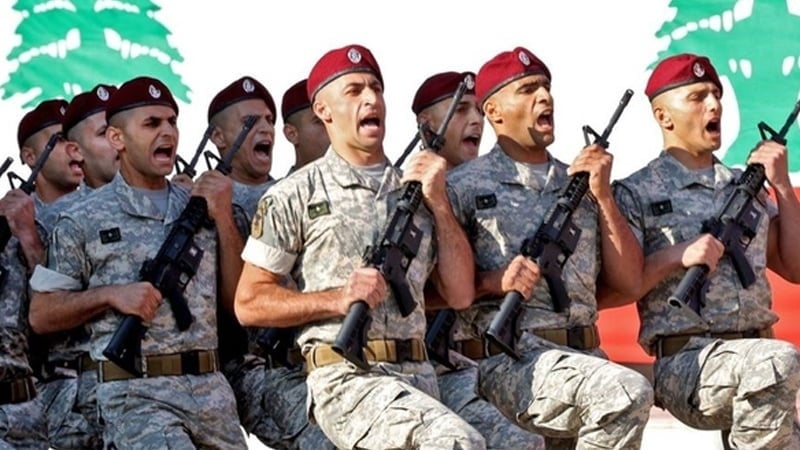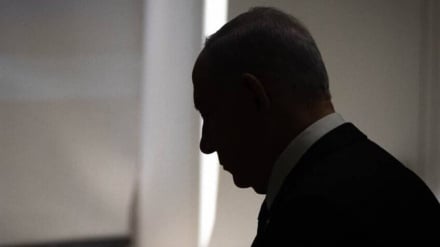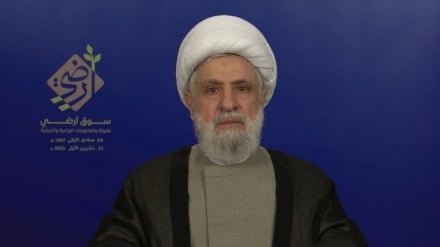Is Lebanese army prepared for war with Zionist regime?
-

Is the Lebanese army prepared for war with the Zionist regime?
Pars Today – Following the martyrdom of a municipal employee in Blida during an Israeli military operation, Lebanon's President has taken the unprecedented step of ordering the army to confront any and all Israeli aggressions.
Following the recent Israeli military aggression on southern Lebanon and the martyrdom of a municipal employee in Blida, Lebanese President General Joseph Aoun has taken a rare step, ordering the army to confront any infiltration by Israeli forces into the liberated southern areas. This command was issued after months of repeated violations of the ceasefire by the Israeli military. According to Pars Today, the website Arabi 21 published an analysis examining the significance of this order and the Lebanese army's actual capacity to confront the Israeli military.
Why this order is significant?
In recent decades, the Lebanese army has not directly engaged in conflict with Israel, with the primary confrontations against the Israeli regime falling to Hezbollah and other resistance forces.
Militarily, the Lebanese army is not considered an equal match for the Israeli military, either in terms of weaponry or combat readiness. It currently also lacks the necessary infrastructure to enter into a full-scale war.
What was the recent aggression?
The trigger for this order was a ground raid early Thursday morning. An Israeli military unit, supported by armored vehicles, penetrated over a kilometer into Lebanese territory and stormed the municipal building in Blida. During the assault, Ibrahim Salama, a municipal employee, was martyred at his workplace. Following the ground operation, Israeli warplanes conducted airstrikes in southern Lebanon, with Tel Aviv claiming it targeted infrastructure linked to Hezbollah.
The Lebanese army's response
The Lebanese army issued a statement condemning the incursion as a "criminal act, a clear violation of national sovereignty, and a breach of UN Security Council Resolution 1701." It has called on the monitoring committee overseeing the truce to intervene and curb Israeli violations.
Can the Lebanese army actually confront the Zionist regime?
While the Lebanese government officially designates the Lebanese army as the nation's sole legitimate armed force, on-the-ground realities tell a different story. The Lebanese army is heavily dependent on foreign aid for its equipment. The United States, its largest military backer, provides funding for salaries and supplies mainly light arms and ammunition.
According to military sources, the LAF has approximately 50,000 personnel across its land, air, and naval forces. Its air force lacks fighter jets and operates fewer than 70 helicopters, most of which are used for training, search-and-rescue, and firefighting. Its ground forces possess around 200 tanks and thousands of armored vehicles, some of which date back to the Soviet era.
The Israeli perspective on the Lebanese Army
Retired Israeli General Assaf Orion has previously described the army as a "tame army" propped up by Western governments and dependent on the UN for fuel and food. Tal Beeri, head of research at the Israeli Alma Center, stated that the Lebanese army's equipment is outdated and does not pose a credible threat to the Israeli military.
These developments unfold amid rapidly rising tensions along Lebanon's southern border, casting doubt on the future of the already fragile ceasefire. The critical question remains: Will the Lebanese army enter a new phase of direct confrontation, or is this order primarily a political message aimed at deterring further Israeli aggression?


